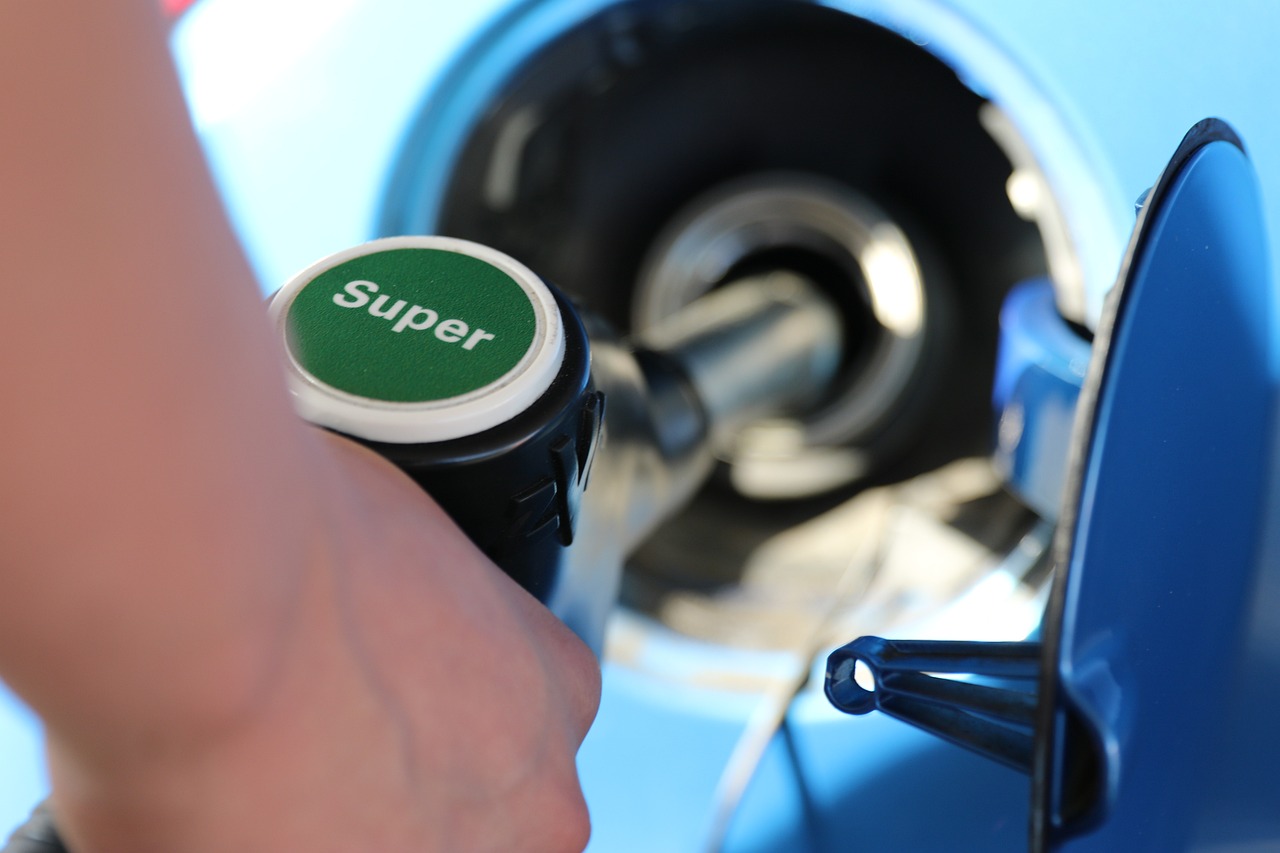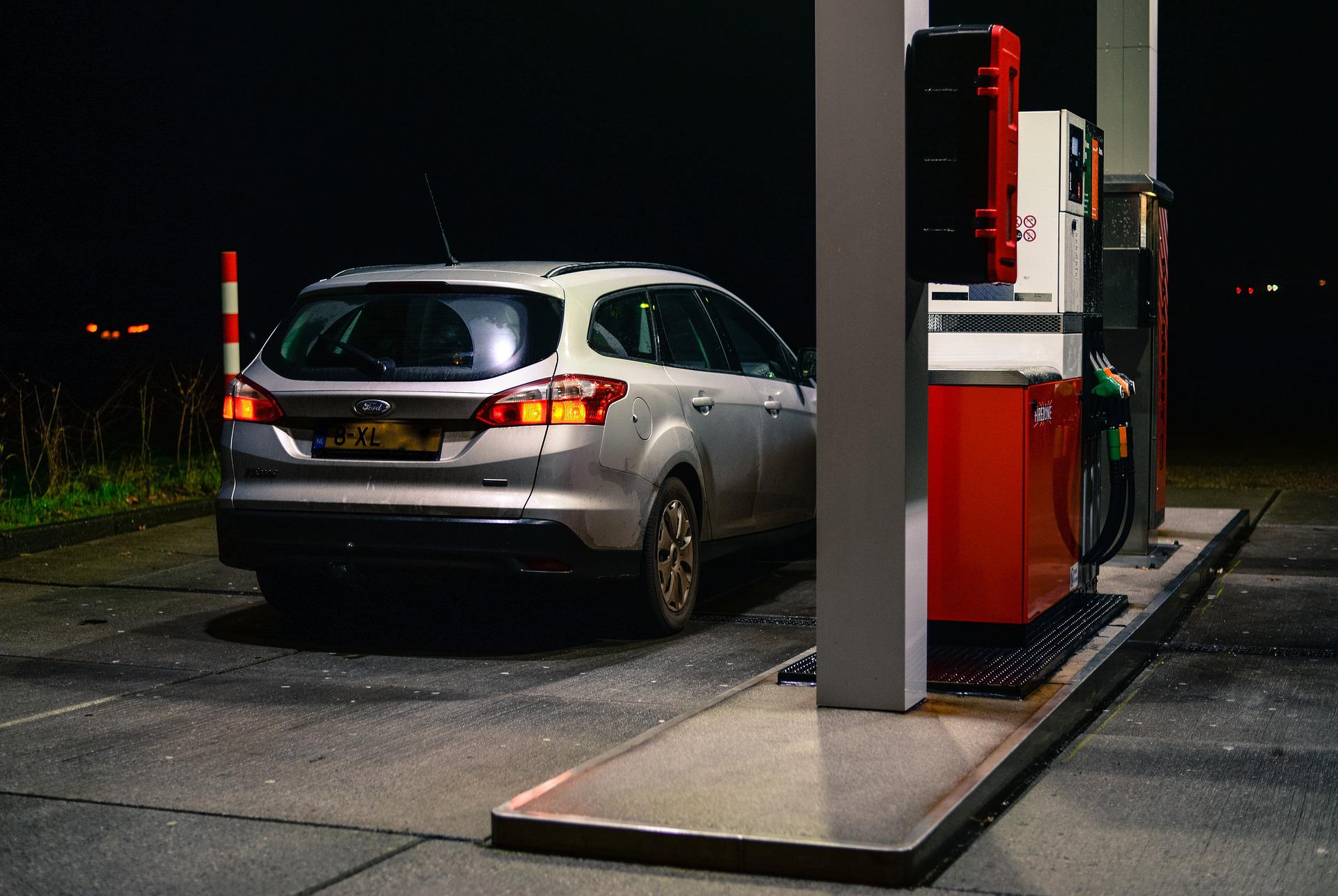
Total consumption was 2.92 billion liters in the first nine months of the year.Continue reading

The tax paid by fuel retailers will increase significantly from next year when the amendment to the Energy Efficiency Obligation (EEO) Scheme enters into force. This will also make fuel more expensive, and permanently so, writes Világgazdaság.
The tax should help achieve the EU’s target of reducing energy consumption by 32.4% by 2030, compared to 2018, Gábor Egri, president of the Independent Petrol Stations Association (FBSZ), stressed. However, the legislation does not address endpoints, i.e. energy producers and users, who actually have the means to reduce their energy use and are strongly interested in doing so. Of the three big energy users
According to Gábor Egri, it would be a public task to launch comprehensive energy efficiency programs that would also have a stimulating effect on the economy in order to meet the EU’s requirements. Instead, from next year, petrol retailers would have to pay a much higher tax on their sales in 2023, than the one currently provided for in the law.
The original law would have kept the tax unchanged for years and even abolished it in 2030.
However, this will not be the case, instead it will be doubled. When the law entered into force in 2019, the tax per liter was
As the legislation applies the tax to the quantity of fuel sold in the year before the year in question, the Independent Petrol Stations Association considers this to be a retroactive decision.
“The amendment applies to the future, but because of the previous nature of the domestic law, it really concerns past activities, hence it is a matter of interpretation whether it is retroactive,” Ottó Grád, secretary general of the Hungarian Petroleum Association (MÁSZ), replied to a question from Világgazdaság. However, the effect is definitely retroactive. Fuel distributors have included in their prices for 2023 the tax to be paid in 2025 under the EEO scheme. Now they are confronted with the fact that the money they have set aside for the current EEO payment will not be enough to cover their 2027 and 2028 obligations.
“The tax increase publicly criticized by Gábor Egri is not in fact a tax, but a shift in obligations,” emphasized Ottó Grád. By default, energy efficiency obligations must be met. The savings achieved in this area must be audited, which is then accepted and recorded by the Hungarian Energy and Public Utility Regulatory Authority. Anyone who does not save, or does not save the required amount, can redeem the savings by paying the required amount, which is now to be significantly increased. The money raised can be used by the state to launch energy efficiency programs.
However, here there is a significant difference between the larger distributors and their smaller competitors.
The big ones can launch energy efficiency projects themselves, or enter into schemes, through which they can obtain a certificate of savings that will enable them to meet their EEO obligation more cheaply than if they had paid the rebate. Smaller, one- to three-man petrol stations, on the other hand, do not have the money to get involved in such projects. They have to pay the full amount.
The EEO legislation contains other innovations as well. It has shortened the list of “improvements” that can be counted as energy efficiency measures. The move was entirely justified, as there were Member States where abuses were on the rise. The four energy savings that can be achieved by adding fuel, correcting vehicle tire pressure, installing or replacing a percolator, and upgrading lighting have therefore been removed from the list.
According to the explanatory memorandum of the proposed amendment,
the change will improve the country’s competitiveness.
The amendments relate to changes to the revised Energy Efficiency Directive, changes to the Energy Efficiency Obligation Scheme, and technical amendments to energy efficiency policies.
Via Világgazdaság; Featured image via Pixabay